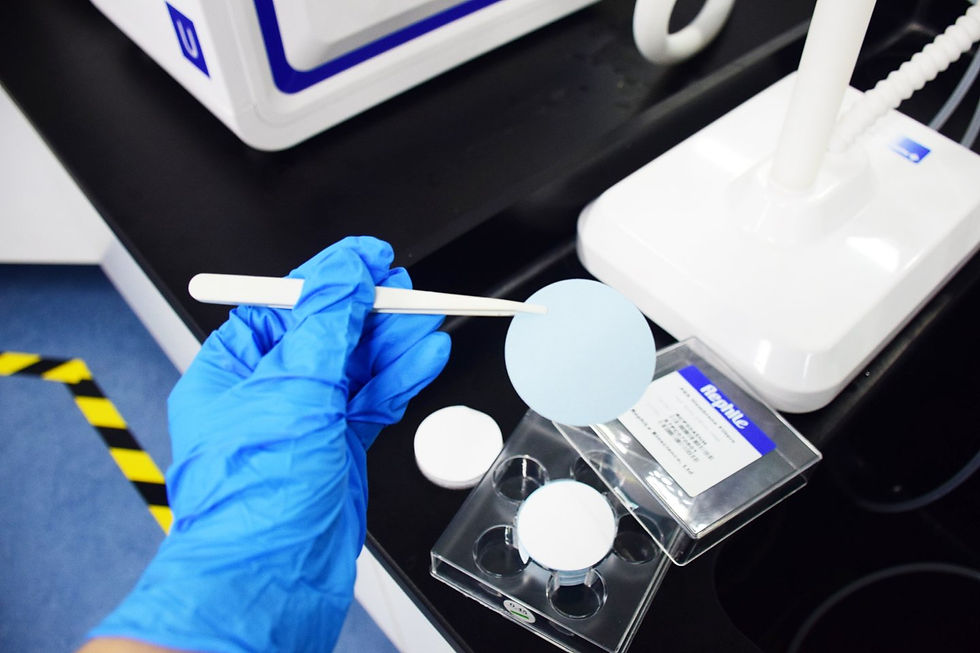FDA green-lights Chimeric gastrointestinal cancer drug trials
- Doug Bright

- Oct 31, 2023
- 2 min read

The United States Food and Drug Administration has provided crucial investigational new drug clearance for Australian clinical-stage cell therapy company Chimeric Therapeutics to begin trials using its “CHM 2101" gastrointestinal (GI) cancer therapy.
The company plans to start testing the drug in multiple medical centres next year for patients with advanced colorectal cancer, gastric cancer and neuroendocrine tumours.
Chimeric describes its drug as a third-generation “CAR T” cell therapy that targets the Cadherin-17 (CDH17) cancer marker that is associated with poor prognosis and metastasis in the most common GI tumors.
The five-year survival rate for people suffering from all forms of gastrointestinal cancer is estimated at just 51 per cent – a lower rate than for other more well-known cancers.
Professor of cancer biology at Penn’s Perelman School of Medicine Xianxin Hua said: “It is exciting to see the advancement from discovery of the CDH17 target and CAR T therapy in preclinical studies to the initiation of clinical trials in patients with GI-cancers and neuroendocrine tumors. This is a critical step forward in developing an entirely new CAR T therapy for GI-cancers and neuroendocrine tumors, providing new hopes for the cancer patients who are refractory to the existing therapies.”
The CDH17 biomarker has been studied in more than 150 gastric carcinomas and the overall survival rate for patients with it has been found to be poorer than in those without it. A recent study revealed patients with CDH17 had a five-year survival rate of just 29 per cent against 45 per cent of people who were found not to have the marker.
Testwork has found that knocking down CDH17 inhibits cancer cell proliferation, tumour growth, adhesion, migration and invasion, making the biomarker a prime therapy target.
CHM 2101 was invented at the world-renowned cell therapy centre at the University of Pennsylvania. Preclinical evidence for its effectiveness was published by leading immunotherapy scientist Xianxin Hua and his staff at the University of Pennsylvania in March last year in respected medical journal Nature Cancer. Their experiments demonstrated that CHM 2101 was able to eradicate established tumours in seven cancer models without causing damage to normal tissues.
The market clearly resonated with today’s news, with Chimeric’s share price leaping more than 84 per cent to touch a high of 4.8 cents in today’s intraday trading, following a close yesterday of just 2.6c. Nearly 80 million shares were traded during the period.
The company also revealed today in a summary of its first quarter in the new financial year that it had recorded nearly $5.5 million in receipts from customers. It says it now has a cash positive position with no debt and $4.6 million on hand and available for future operations – up 2.2 million from the end of the previous quarter.
That seemingly puts Chimeric in a strong position to carry out its clinical development program.
Is your ASX-listed company doing something interesting? Contact: office@bullsnbears.com.au


